Intro
Discover what gallstones are, symptoms, and causes. Learn about gallbladder disease, bile ducts, and treatment options for gallstone removal and prevention.
Gallstones are a common health issue that affects millions of people worldwide. They are small, hard deposits that form in the gallbladder, a small organ located under the liver that stores bile, a digestive fluid. The formation of gallstones is a complex process that involves the interaction of various factors, including genetics, diet, and lifestyle. Understanding what gallstones are, how they form, and what symptoms they can cause is essential for maintaining good health and preventing complications.
The gallbladder plays a crucial role in the digestive system, storing bile that is produced by the liver and releasing it into the small intestine to help digest fats. However, when the balance of bile components is disrupted, it can lead to the formation of gallstones. There are two main types of gallstones: cholesterol stones and pigment stones. Cholesterol stones are the most common type, accounting for about 80% of all gallstones, and are composed of cholesterol and other substances. Pigment stones, on the other hand, are smaller and darker, and are composed of bilirubin, a pigment produced during the breakdown of red blood cells.
Gallstones can cause a range of symptoms, from mild discomfort to severe pain, and can increase the risk of developing more serious health problems, such as gallbladder inflammation and infection. The symptoms of gallstones can vary depending on the size and location of the stones, as well as the individual's overall health. Some common symptoms of gallstones include abdominal pain, nausea and vomiting, fever, and jaundice. If left untreated, gallstones can lead to complications such as gallbladder rupture, which can be life-threatening.
Formation Of Gallstones
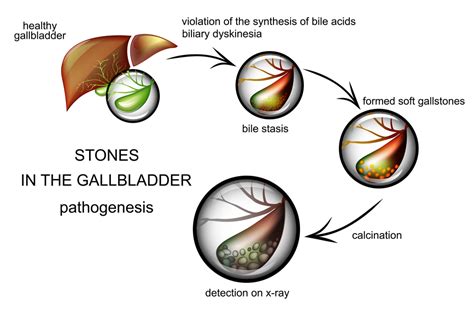
The formation of gallstones is a complex process that involves the interaction of various factors, including genetics, diet, and lifestyle. The liver produces bile, a digestive fluid that is stored in the gallbladder and released into the small intestine to help digest fats. However, when the balance of bile components is disrupted, it can lead to the formation of gallstones. There are several factors that can increase the risk of developing gallstones, including a family history of gallstones, obesity, diabetes, and a diet high in fat and cholesterol.
Risk Factors For Gallstones
The risk of developing gallstones can be increased by several factors, including: * A family history of gallstones * Obesity * Diabetes * A diet high in fat and cholesterol * Certain medical conditions, such as liver disease and inflammatory bowel disease * Medications, such as birth control pills and cholesterol-lowering medications * Age, with the risk increasing after the age of 40Symptoms Of Gallstones
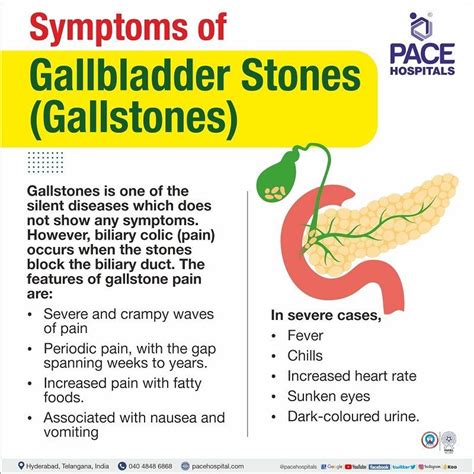
The symptoms of gallstones can vary depending on the size and location of the stones, as well as the individual's overall health. Some common symptoms of gallstones include:
- Abdominal pain, which can range from mild discomfort to severe pain
- Nausea and vomiting
- Fever
- Jaundice, which is a yellowing of the skin and eyes
- Dark urine and pale stools
- Indigestion and bloating
Diagnosis Of Gallstones
The diagnosis of gallstones typically involves a combination of physical examination, medical history, and diagnostic tests. The doctor may perform a physical examination to check for tenderness in the abdomen and may also ask questions about the individual's medical history and symptoms. Diagnostic tests, such as ultrasound and CT scans, may be used to confirm the presence of gallstones and to evaluate the size and location of the stones.Treatment Options For Gallstones
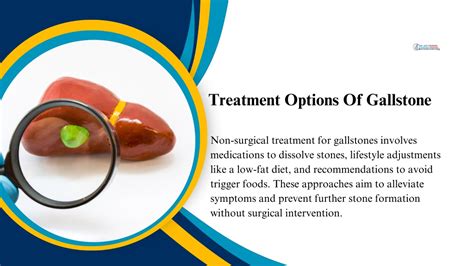
The treatment options for gallstones depend on the size and location of the stones, as well as the individual's overall health. In some cases, gallstones may not require treatment, especially if they are small and do not cause symptoms. However, if the stones are large or cause symptoms, treatment may be necessary to relieve pain and prevent complications. Treatment options for gallstones include:
- Watchful waiting, which involves monitoring the stones for changes in size or symptoms
- Medications, such as pain relievers and anti-inflammatory medications
- Surgery, which may be necessary to remove the gallbladder or to remove the stones
- Lifestyle changes, such as losing weight and following a healthy diet
Prevention Of Gallstones
Preventing gallstones is possible by maintaining a healthy lifestyle and avoiding risk factors. Some ways to prevent gallstones include: * Maintaining a healthy weight * Following a healthy diet that is low in fat and cholesterol * Avoiding certain medications, such as birth control pills and cholesterol-lowering medications * Getting regular exercise * Avoiding smoking and excessive alcohol consumptionComplications Of Gallstones
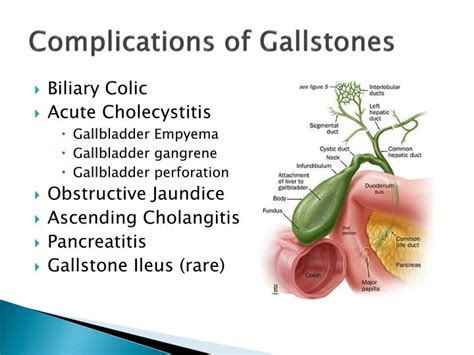
Gallstones can lead to several complications, including:
- Gallbladder inflammation, which can cause pain and fever
- Gallbladder rupture, which can be life-threatening
- Infection, which can spread to other parts of the body
- Pancreatitis, which is inflammation of the pancreas
- Cholangitis, which is inflammation of the bile ducts
Managing Gallstones
Managing gallstones requires a comprehensive approach that includes lifestyle changes, medications, and surgery. It is essential to work with a healthcare provider to develop a treatment plan that is tailored to the individual's needs. Some ways to manage gallstones include: * Following a healthy diet that is low in fat and cholesterol * Getting regular exercise * Avoiding certain medications, such as birth control pills and cholesterol-lowering medications * Taking medications, such as pain relievers and anti-inflammatory medications * Undergoing surgery, if necessary, to remove the gallbladder or to remove the stonesLiving With Gallstones
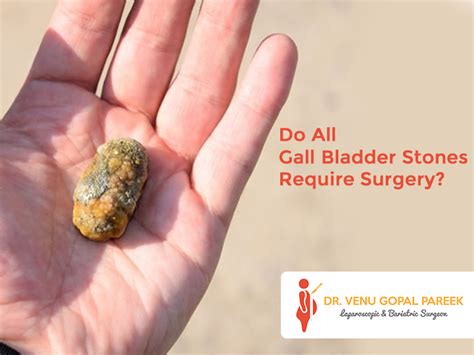
Living with gallstones requires a commitment to maintaining a healthy lifestyle and managing symptoms. It is essential to work with a healthcare provider to develop a treatment plan that is tailored to the individual's needs. Some ways to live with gallstones include:
- Following a healthy diet that is low in fat and cholesterol
- Getting regular exercise
- Avoiding certain medications, such as birth control pills and cholesterol-lowering medications
- Taking medications, such as pain relievers and anti-inflammatory medications
- Undergoing surgery, if necessary, to remove the gallbladder or to remove the stones
Coping With Gallstones
Coping with gallstones can be challenging, but there are several strategies that can help. Some ways to cope with gallstones include: * Seeking support from family and friends * Joining a support group * Practicing stress-reducing techniques, such as meditation and yoga * Getting enough rest and avoiding strenuous activities * Following a healthy diet and getting regular exerciseWhat are the symptoms of gallstones?
+The symptoms of gallstones can include abdominal pain, nausea and vomiting, fever, and jaundice. The symptoms can vary depending on the size and location of the stones, as well as the individual's overall health.
How are gallstones diagnosed?
+The diagnosis of gallstones typically involves a combination of physical examination, medical history, and diagnostic tests, such as ultrasound and CT scans.
What are the treatment options for gallstones?
+The treatment options for gallstones depend on the size and location of the stones, as well as the individual's overall health. Treatment options can include watchful waiting, medications, surgery, and lifestyle changes.
Can gallstones be prevented?
+Yes, gallstones can be prevented by maintaining a healthy lifestyle, including following a healthy diet, getting regular exercise, and avoiding certain medications.
What are the complications of gallstones?
+Gallstones can lead to several complications, including gallbladder inflammation, gallbladder rupture, infection, pancreatitis, and cholangitis.
We hope this article has provided you with a comprehensive understanding of gallstones, including their formation, symptoms, treatment options, and prevention. If you have any further questions or concerns, please do not hesitate to reach out to a healthcare professional. Remember, maintaining a healthy lifestyle and managing symptoms are key to living with gallstones. Share this article with others to help raise awareness about gallstones and their importance.
